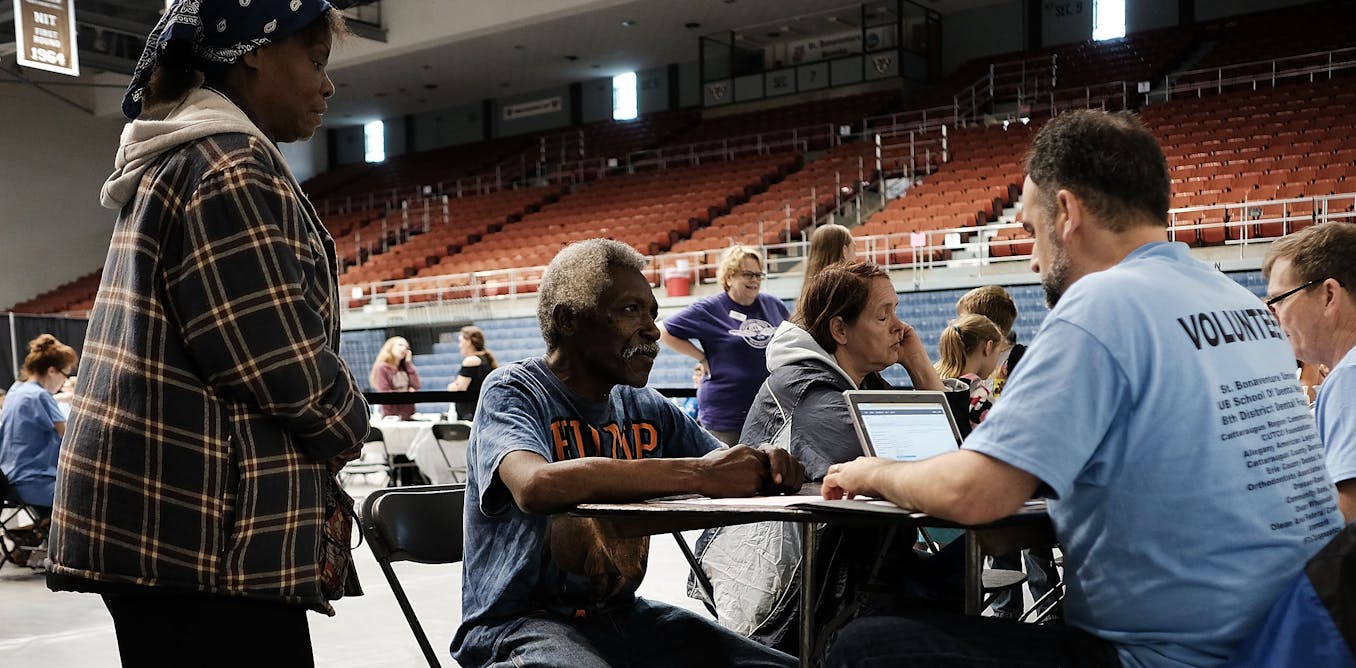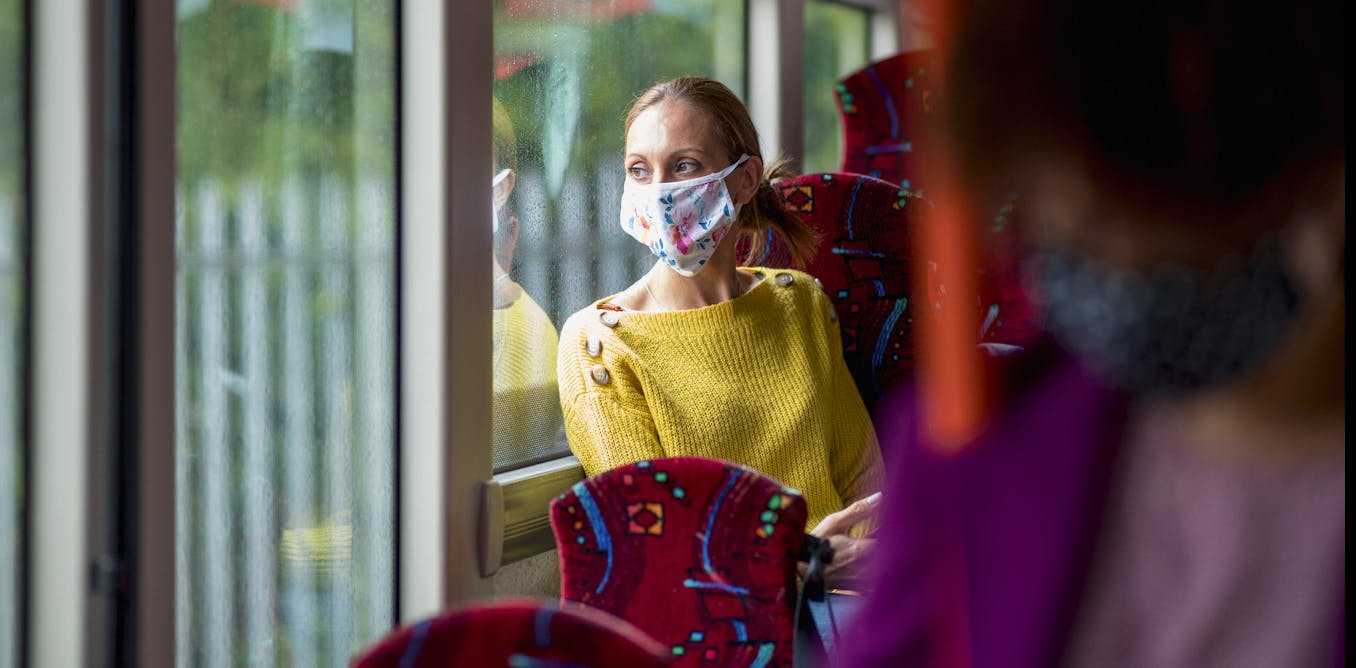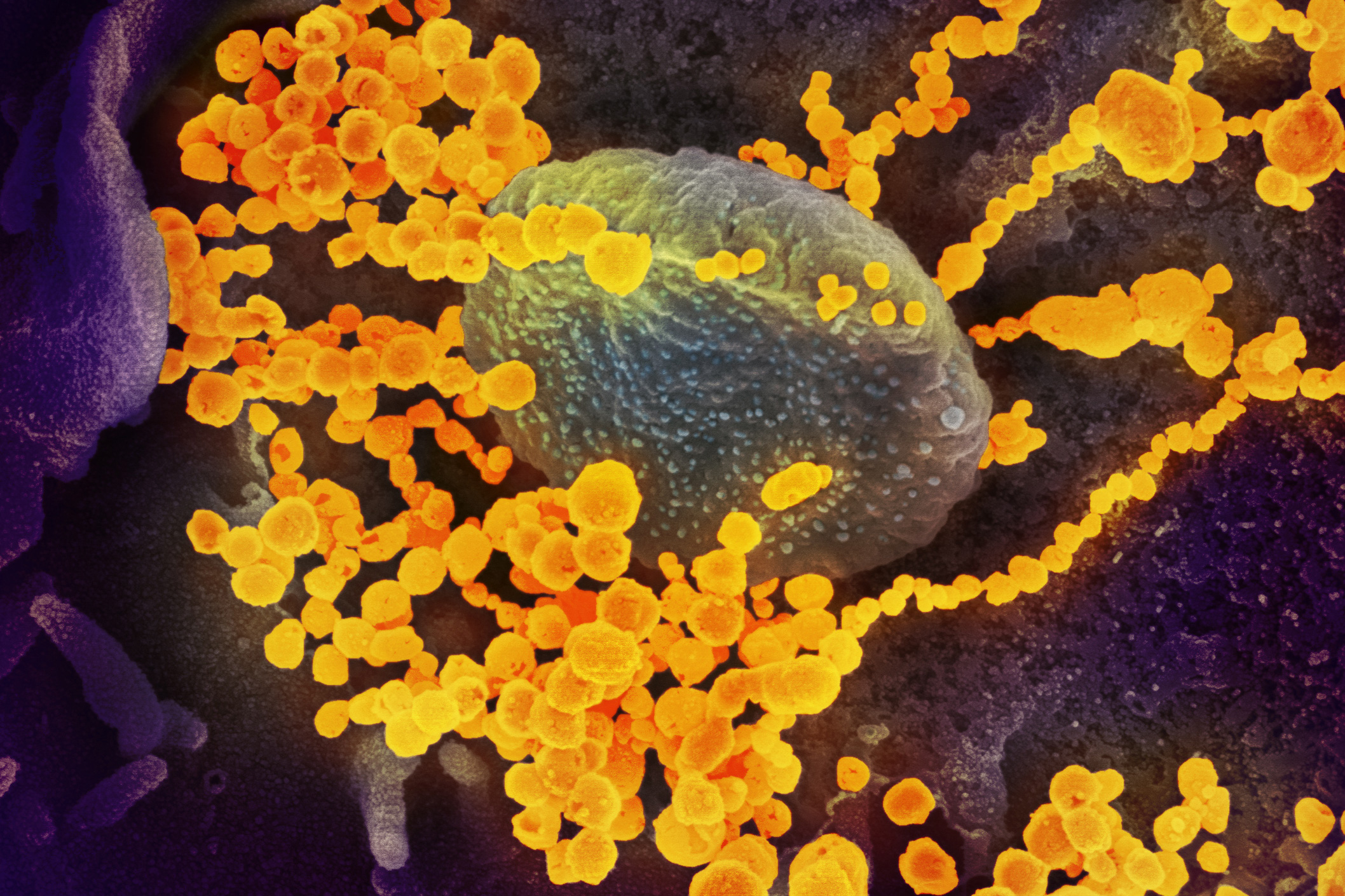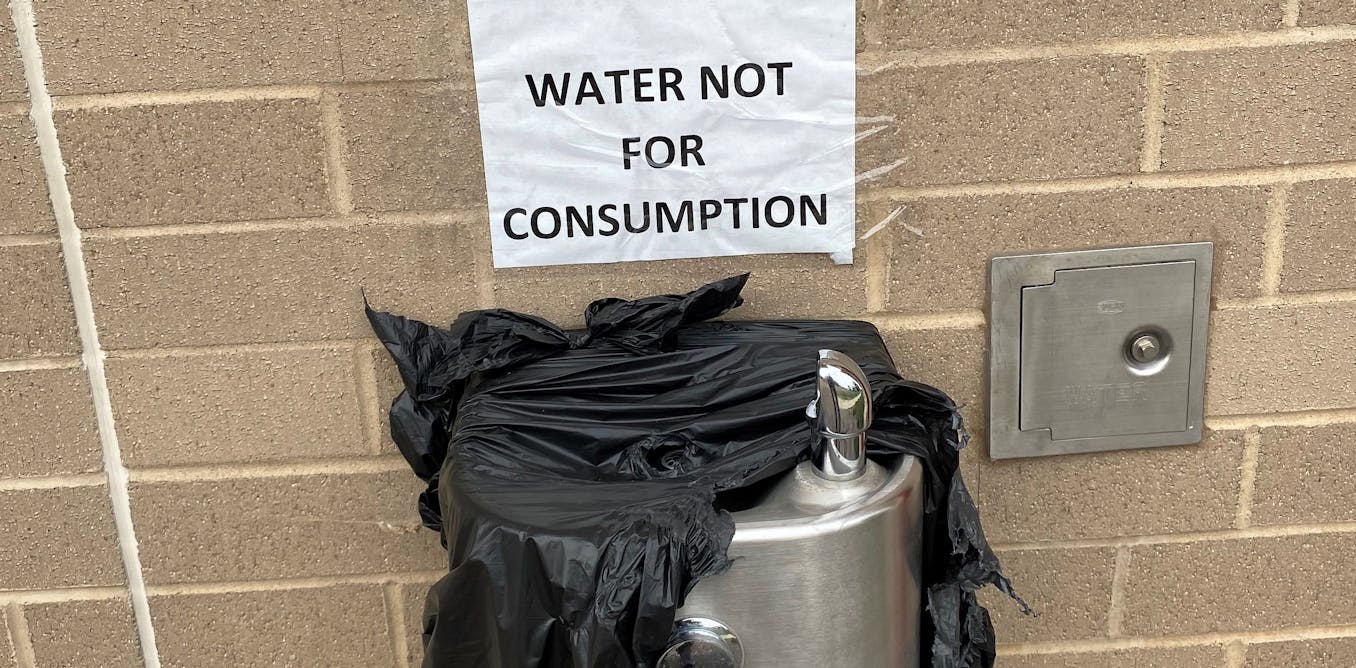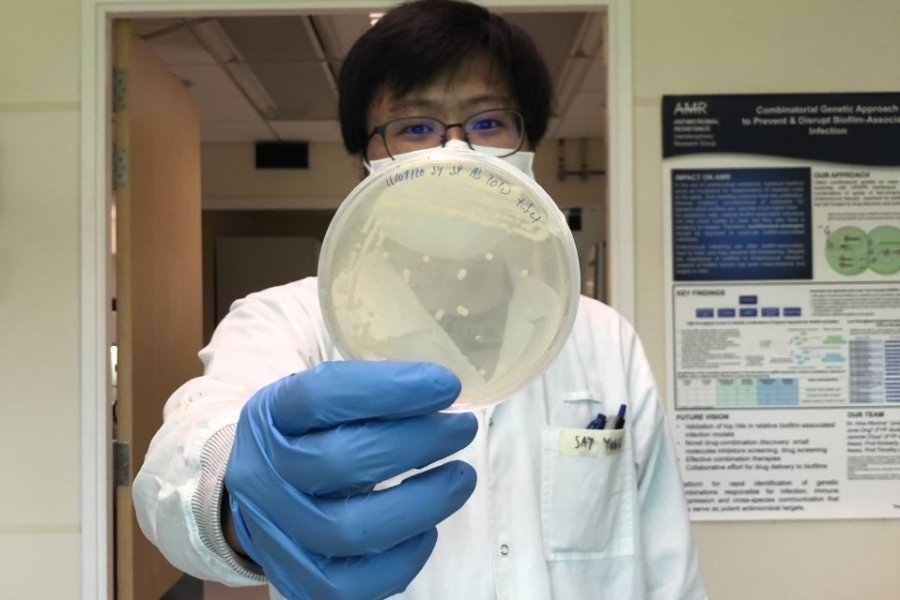Rural health cooperatives are challenged by connectivity and social distancing -- but are innovating
The pandemic has exacerbated existing issues of connectivity and access, but providers and patients are finding creative solutions.
Oct. 16, 2020 • ~5 min

